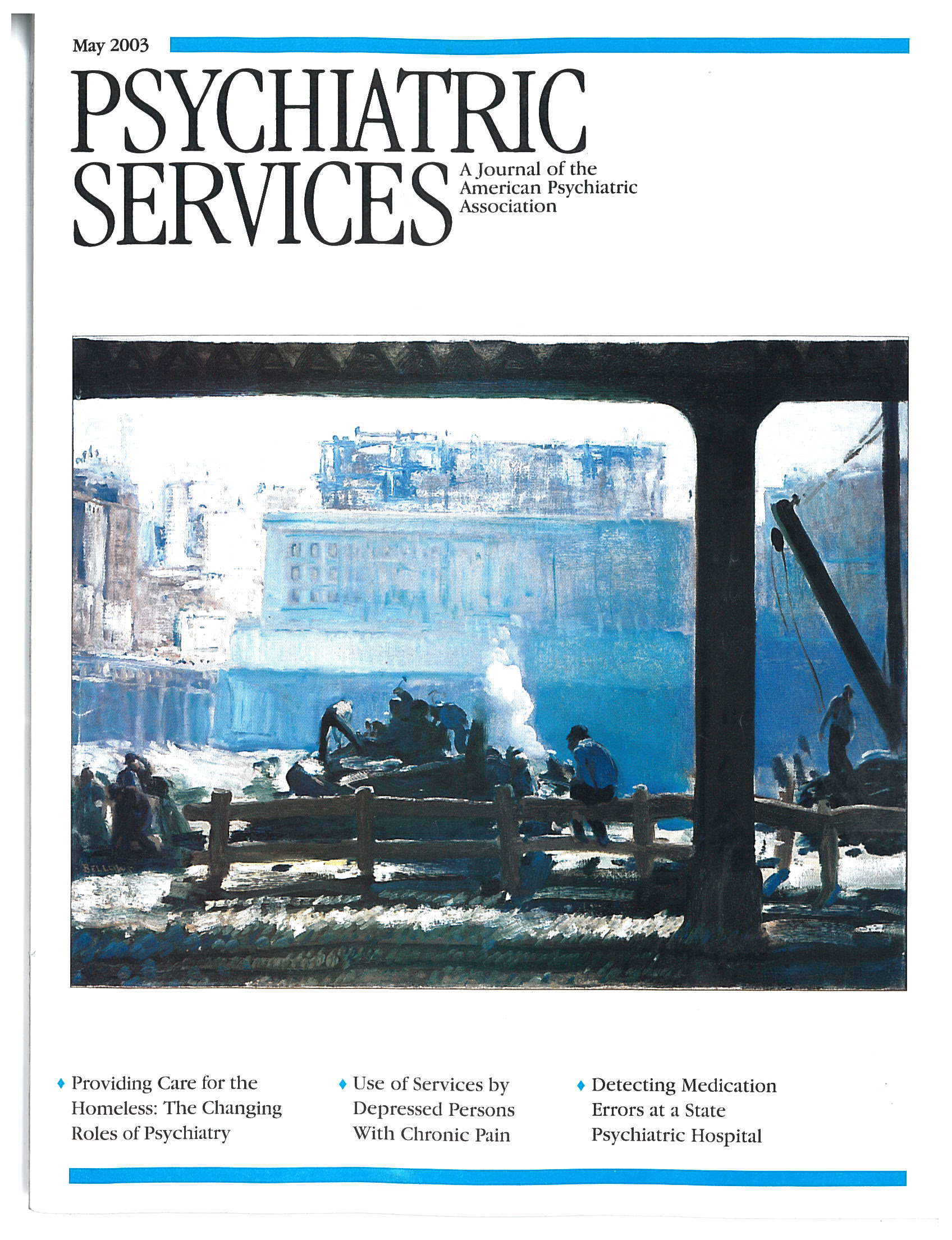Healing the Trauma of Abuse: A Women's Workbook
It would not be possible for these two authors to produce anything but a thoughtful, thorough workbook that is a terrific contribution to the healing of women. Mary Ellen Copeland is a leader in creating opportunities and supports for individuals living with mental illness in their steps toward recovery and wellness. Maxine Harris is a national expert on trauma and an unparalleled innovator of interventions for women who have been challenged by experiences of violence and abuse. Together these authors have written Healing the Trauma of Abuse, a workbook that is in itself a metaphor for the recovery process.
Integral to the notions of healing and recovery espoused by the authors—and central to the organization of the workbook—are the concepts of self-knowledge and self-management, readiness, and choice. The authors provide guidelines— "Before You Begin"—to encourage women to tailor their journeys and to take ownership of the workbook and of the healing process. Recommendations are made to adapt workbook materials to individual learning and coping styles, to set goals, and to pace the process of completing the activities presented in the workbook. Women are encouraged to care for themselves in healthy ways as they progress through the workbook and to seek professional help if they are currently being abused. Suggestions are made to stop doing the exercises if they contribute to distress or discomfort.
Healing the Trauma of Abuse: A Women's Workbook is divided into four parts: "Empowerment," "Trauma Recovery," "Creating Life Changes," and "Closing Rituals." The authors recommend that the workbook's topics be addressed in order, from beginning to end, because each of the 33 topics builds on information covered under preceding topics. Women are encouraged to create a safe, comforting, and supportive physical and emotional environment: "The goal of this book is for you to grow and get more of what you want in life, but you cannot grow if you are not safe." Progress hinges on setting goals, assessing progress, and getting feedback, review, and practice.
Each chapter begins with a rationale for exploring a given topic. Workbook activities are punctuated by the stories of women survivors. The range of possible feelings the activities might elicit is elaborated on; there are no "right" or "wrong" feelings. Women are encouraged to explore the past and consider their current circumstances. Strategies are provided for developing insight and learning to trust—oneself as well as others. Exercises focus on rights and expectations, the impact of negative messages, and the power of positive thoughts. Plenty of blank space is provided for responding to the authors' questions or suggestions and for developing action plans for change. Each topic concludes with "Things to Remember Every Day" to reinforce lessons learned and affirm positive thoughts.
This workbook will be useful to any woman who remembers abuse or trauma or who feels sad, empty, angry, unconnected to her body, or tense and doesn't know why. Copeland and Harris acknowledge that recovery and healing take time and suggest that the path may be uneven—steps will be taken both forward and backward. Healing the Trauma of Abuse provides direction, the road map for the journey.
Dr. Nicholson is associate professor of psychiatry and family medicine at the University of Massachusetts Medical School in Worcester.



